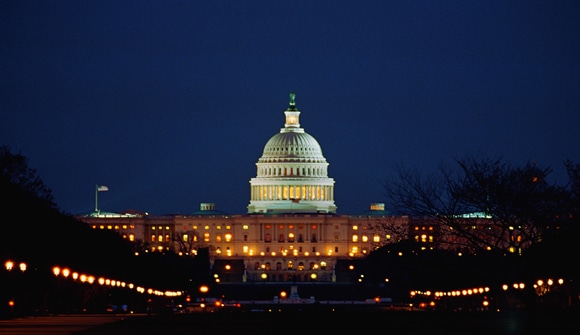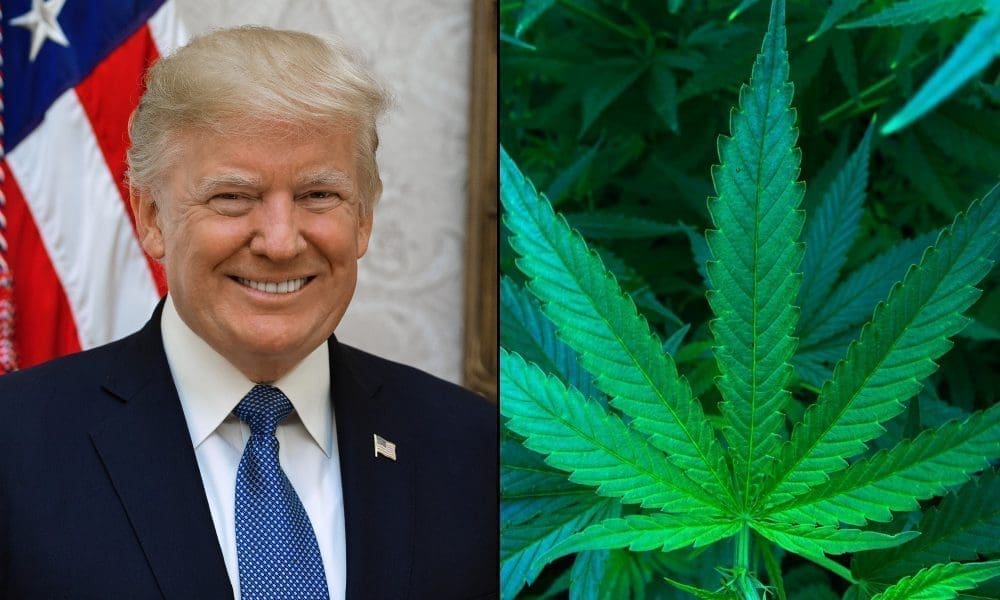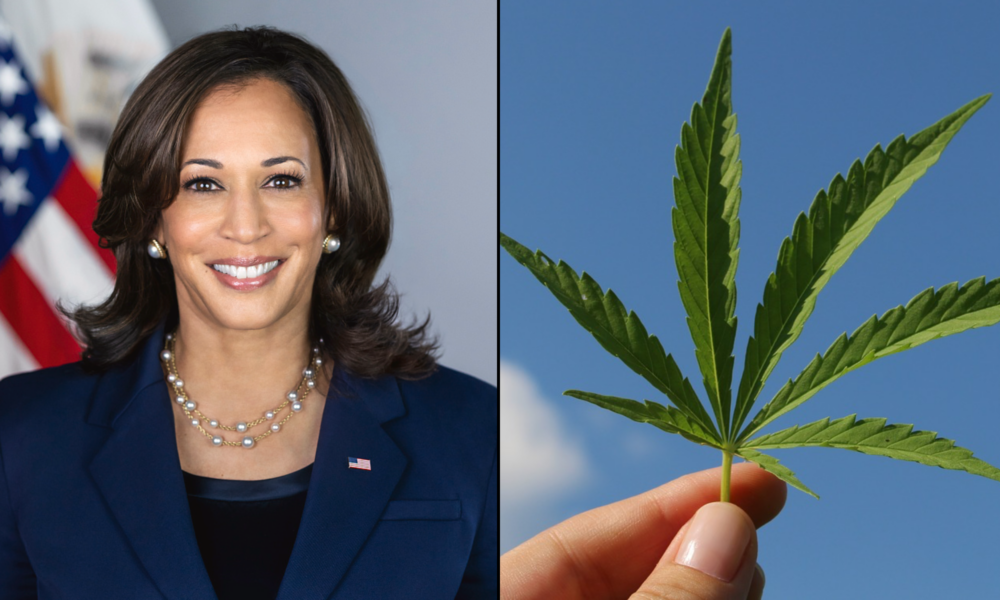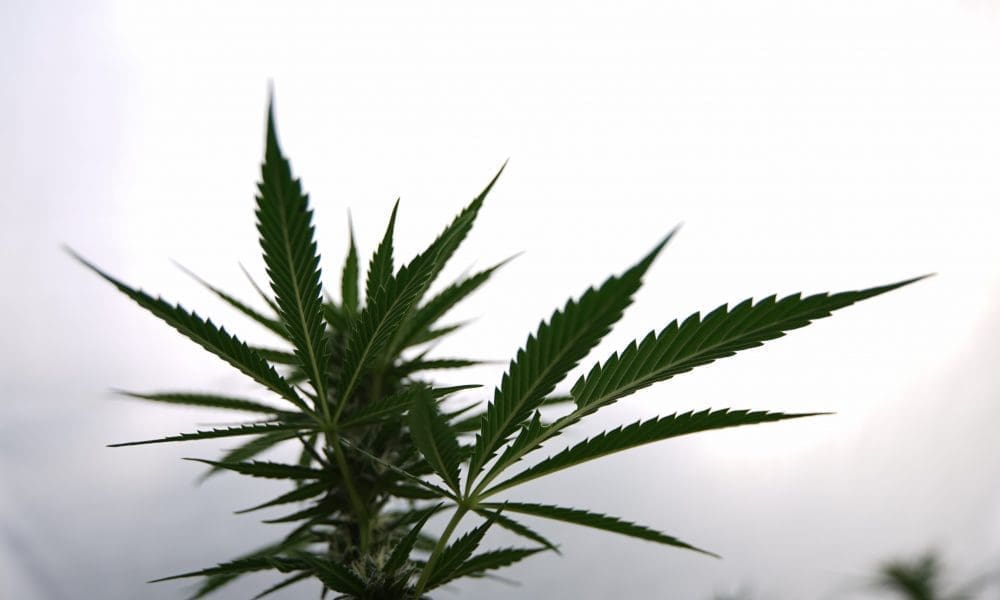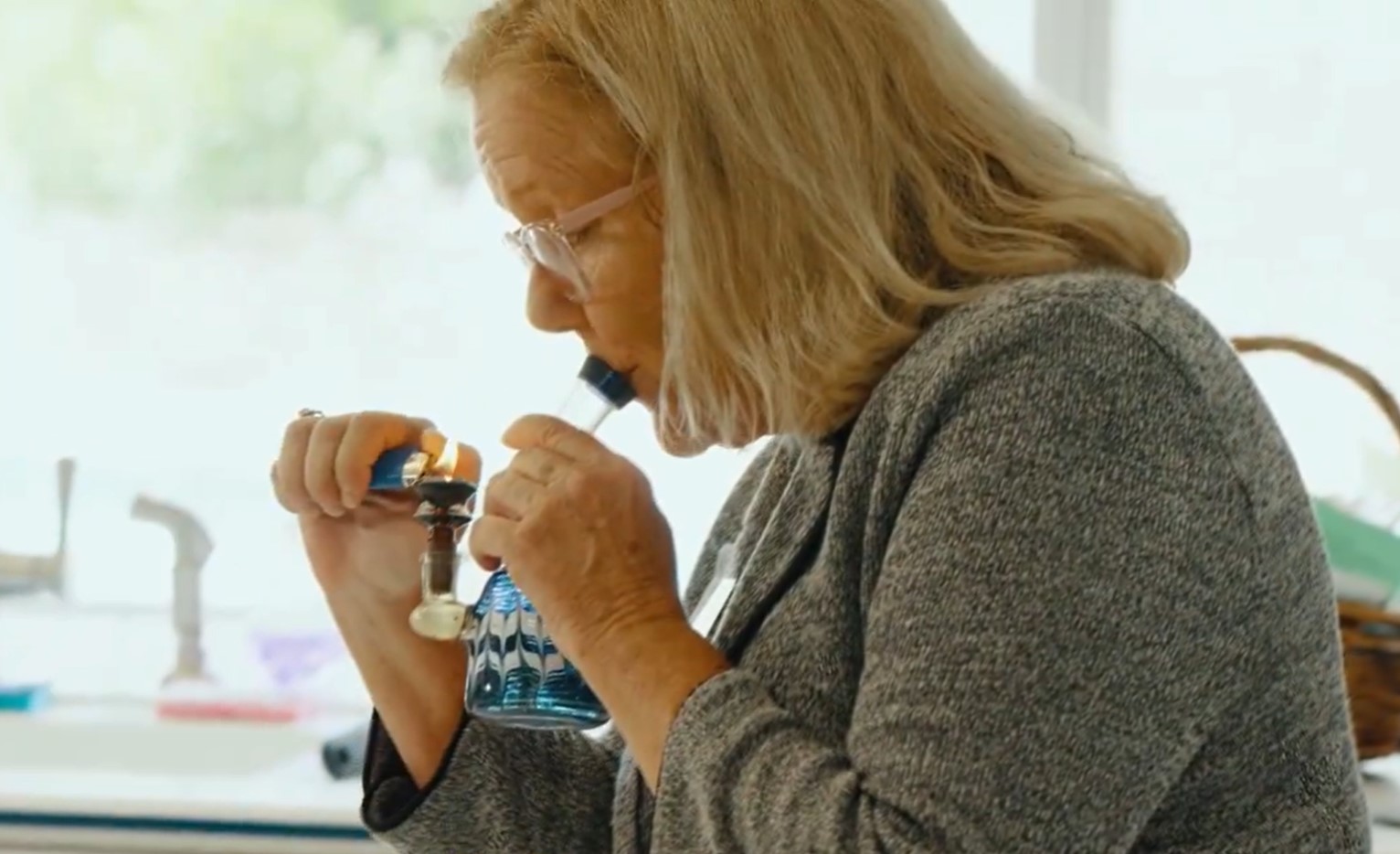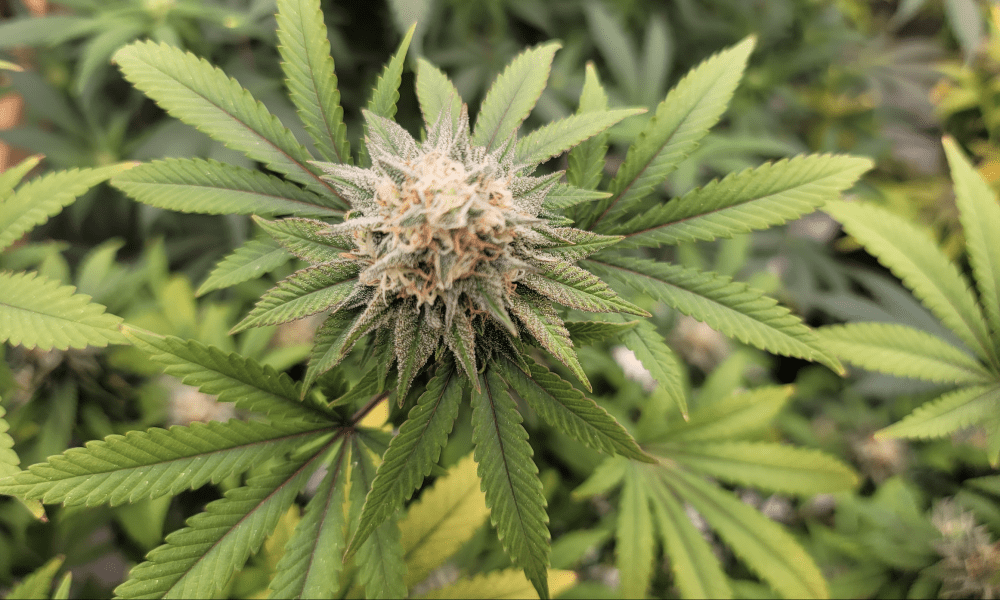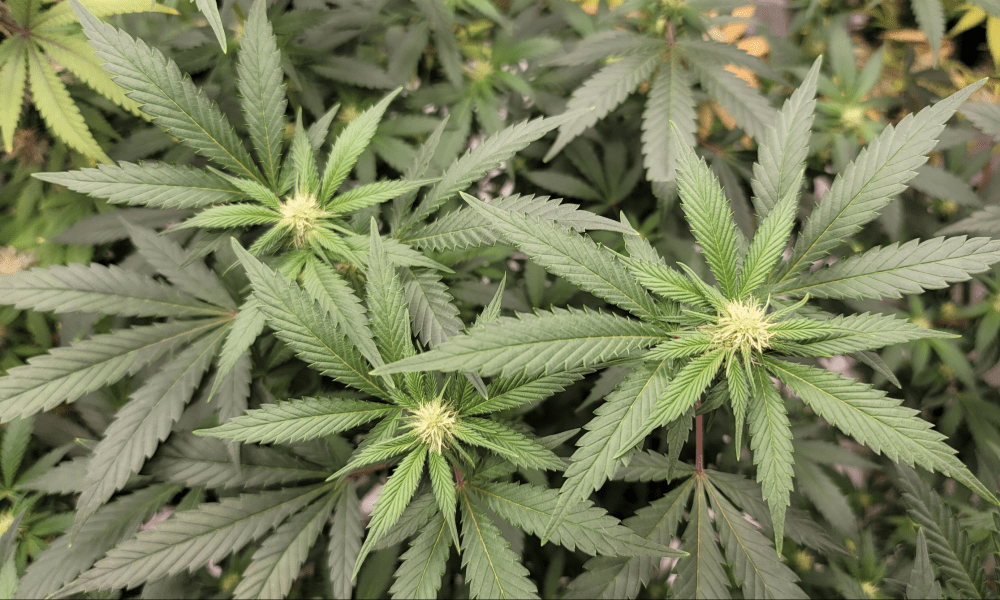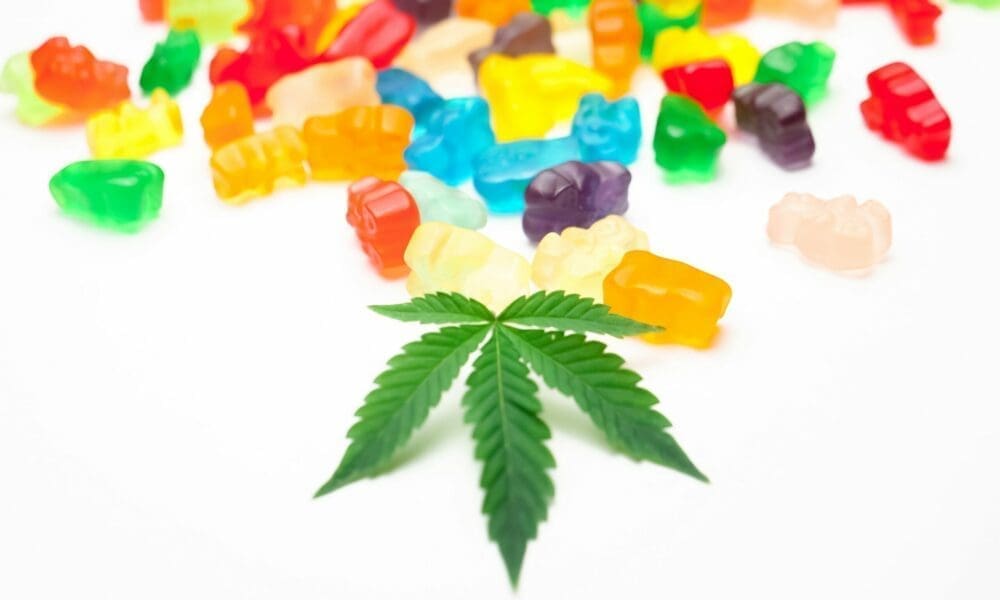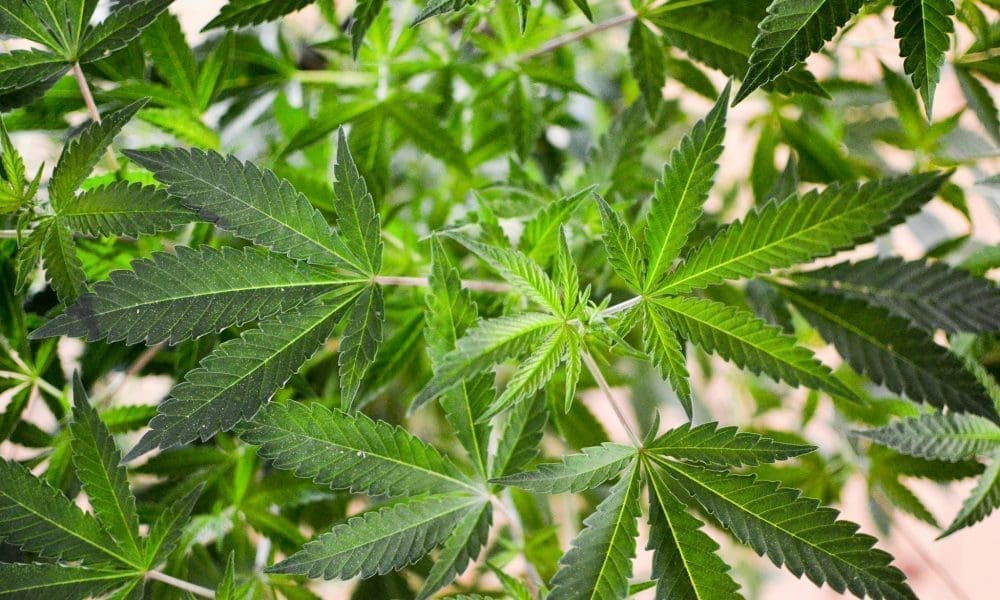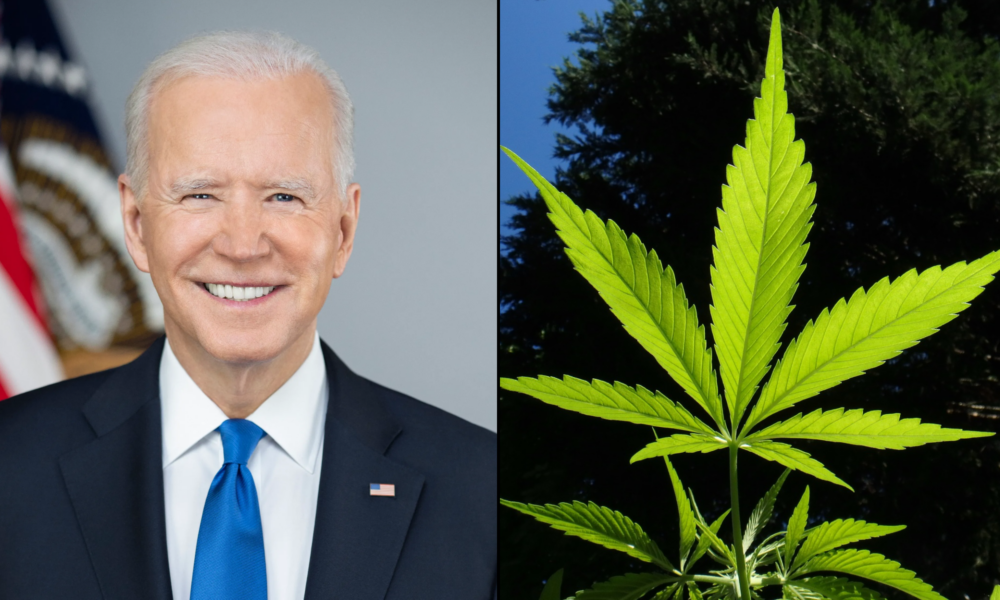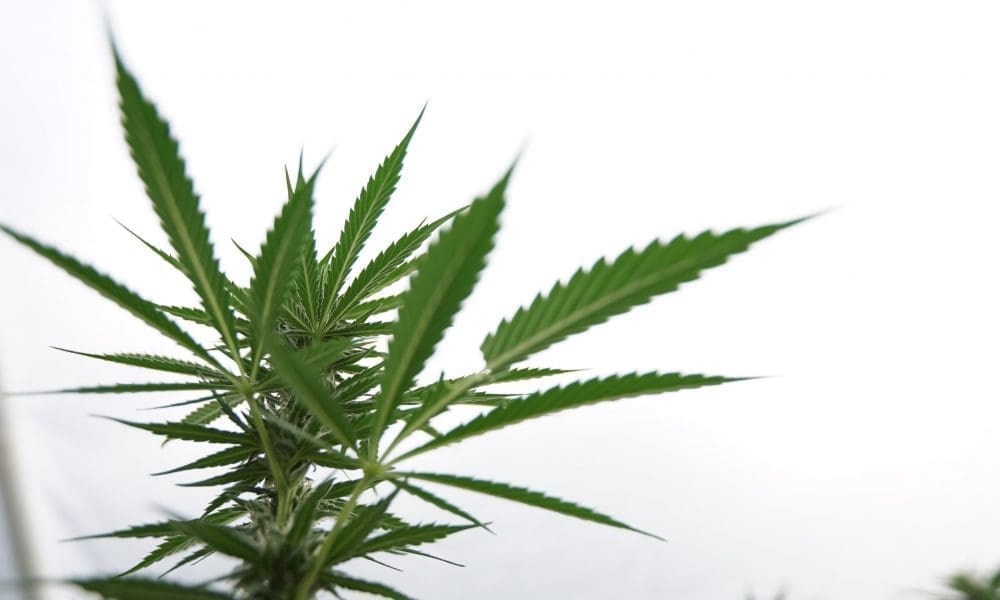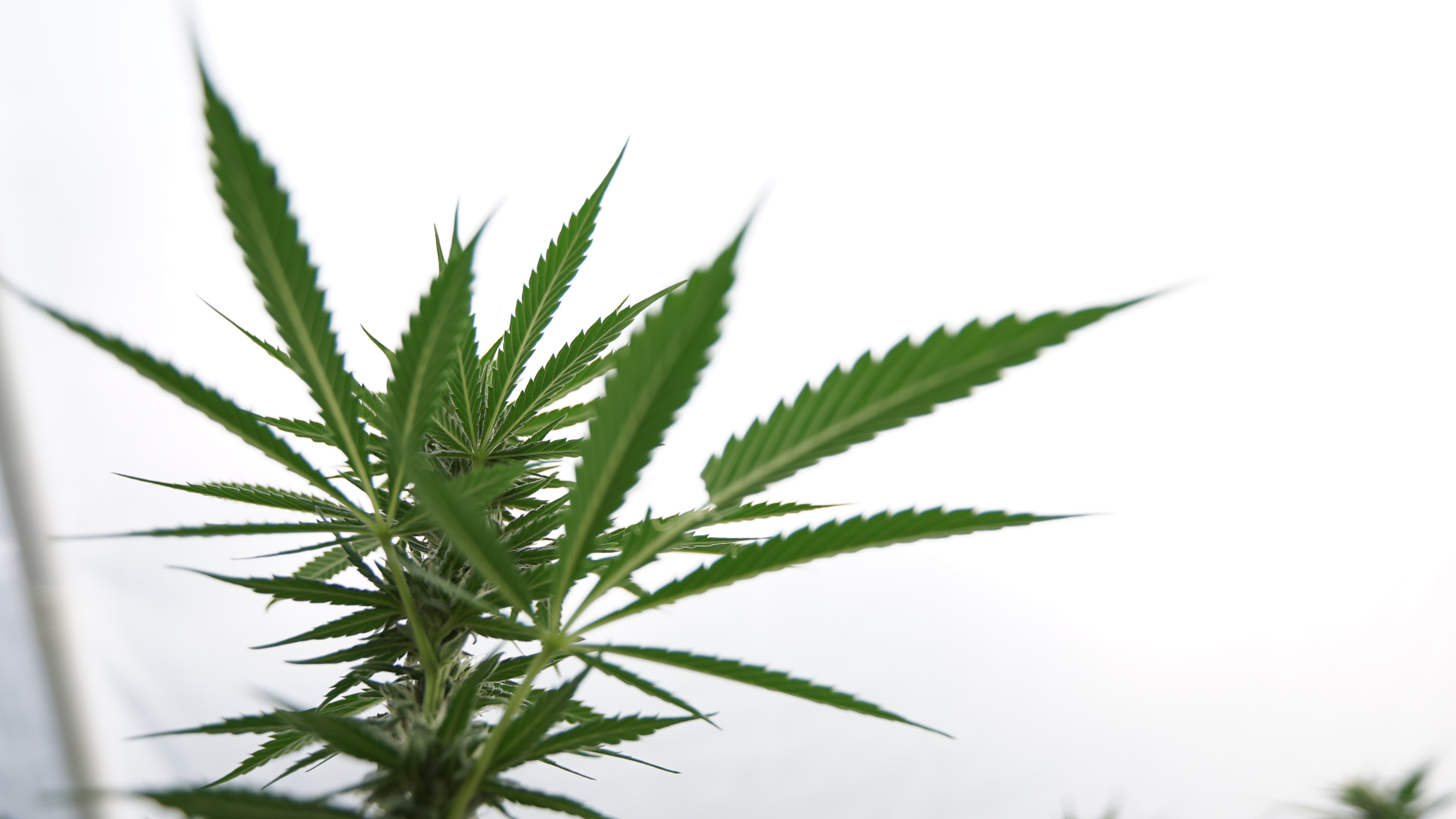Love is the law
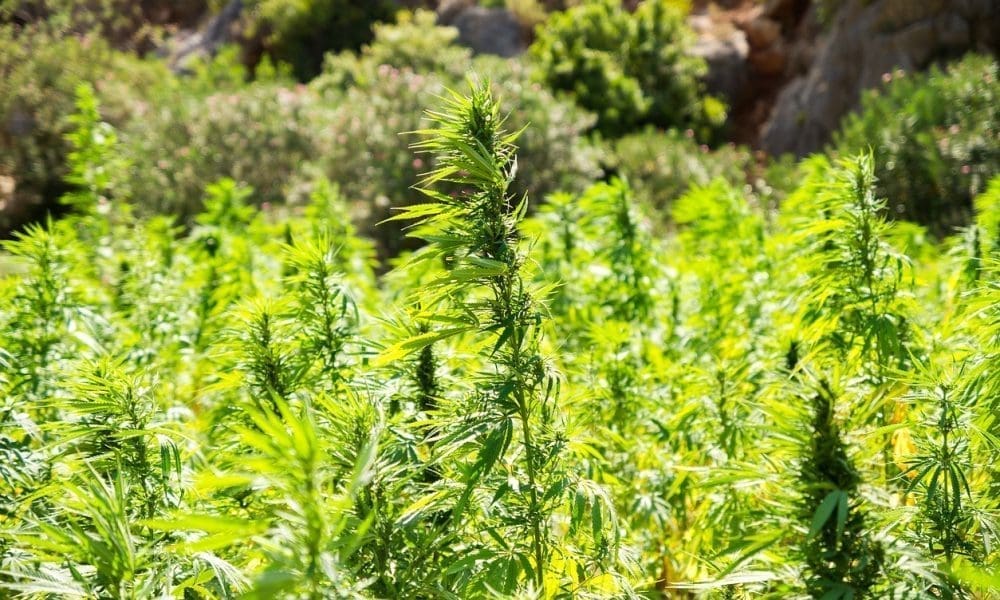
 www.marijuanamoment.net
www.marijuanamoment.net

Hemp And Marijuana Companies Must Stop Feuding And Unite For Regulations Instead Of Bans Like California’s New Move (Op-Ed)
“It’s time for us all to unify as cannabis interests to advocate for a cohesive federal regulatory pathway that covers all cannabinoid products.” By Jim Higdon, Cornbread Hemp California Gov. Gavin Newsom (D) is wrong about hemp, and Florida hemp interests are wrong about Amendment 3. Hemp and...

